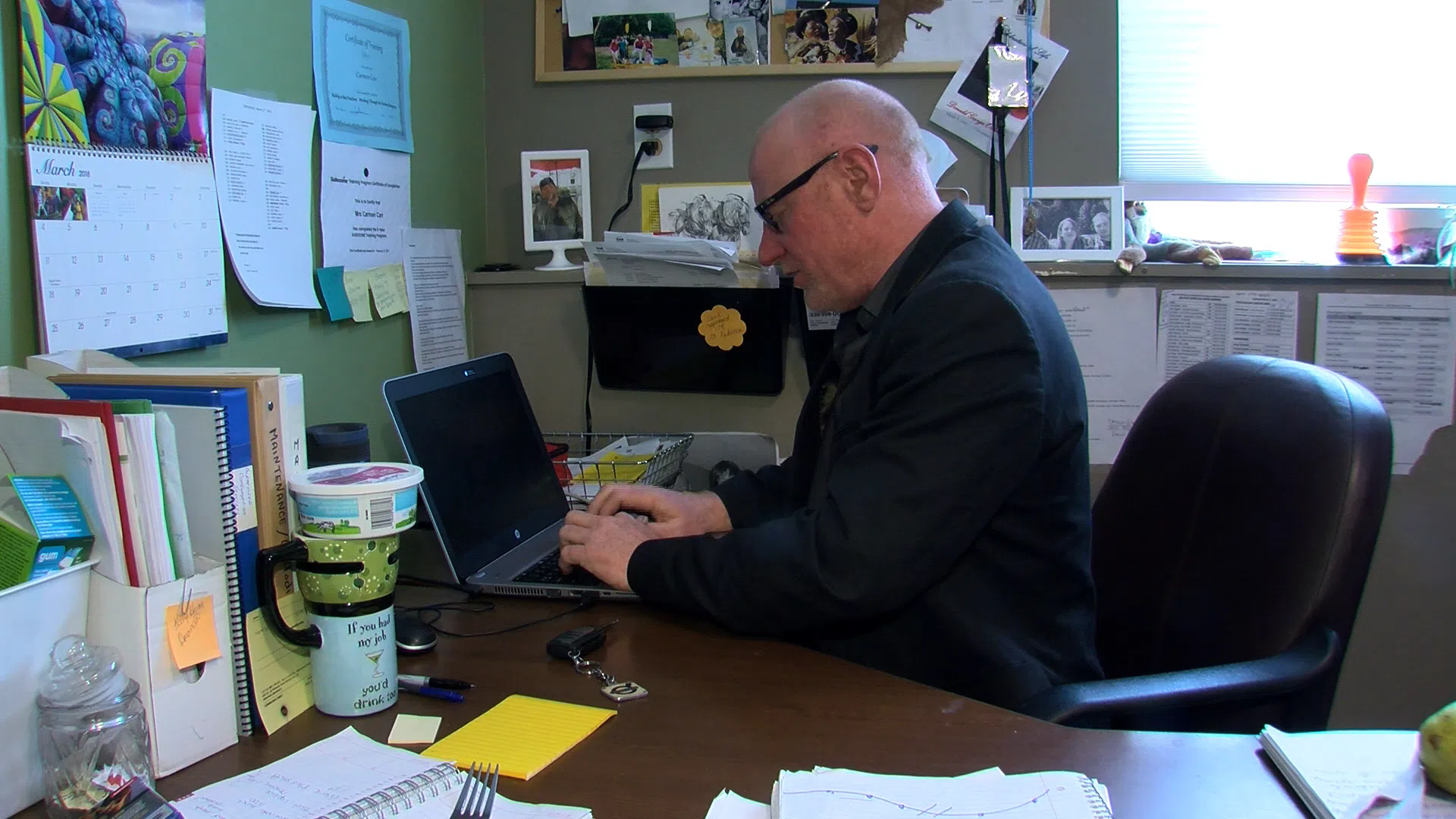
Non-profits say employer health tax would be ‘very significant hit’
KAMLOOPS — The impending employer health tax coming in 2019 is not being well received by some in Kamloops, including non-profit organizations that say it could mean the different between providing a service or not.
It’s an issue that’s already been debated in the B.C. Legislature. Last Tuesday, Fraser-Nicola Liberal MLA Jackie Tegart making an impassioned speech to the NDP government on the impact of the impending employer health tax on ASK Wellness.
“Non-profit organizations like ASK Wellness are especially sensitive to sudden increases in their already lean budget,” said Tegart. “An extra $97,000 in taxes will force ASK Welless to cut services and programming.”


